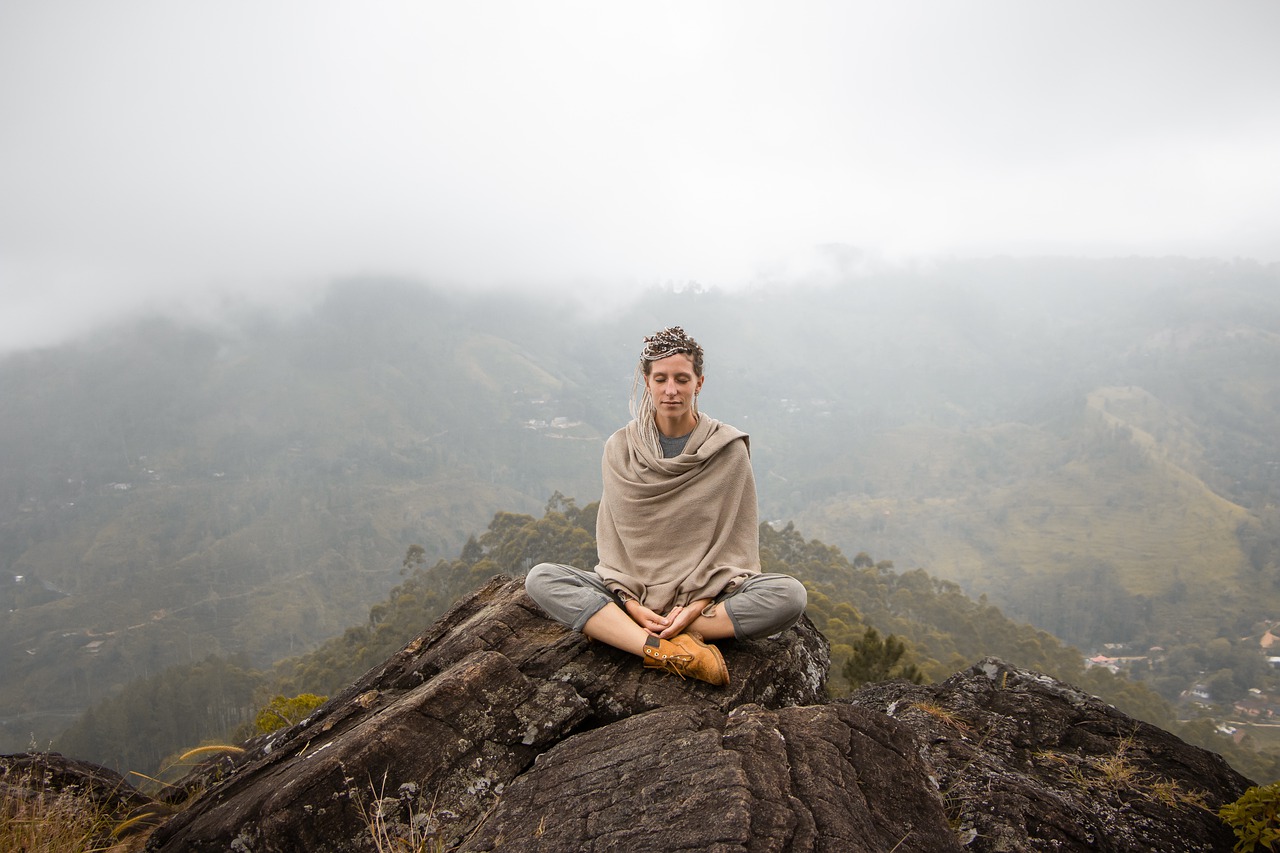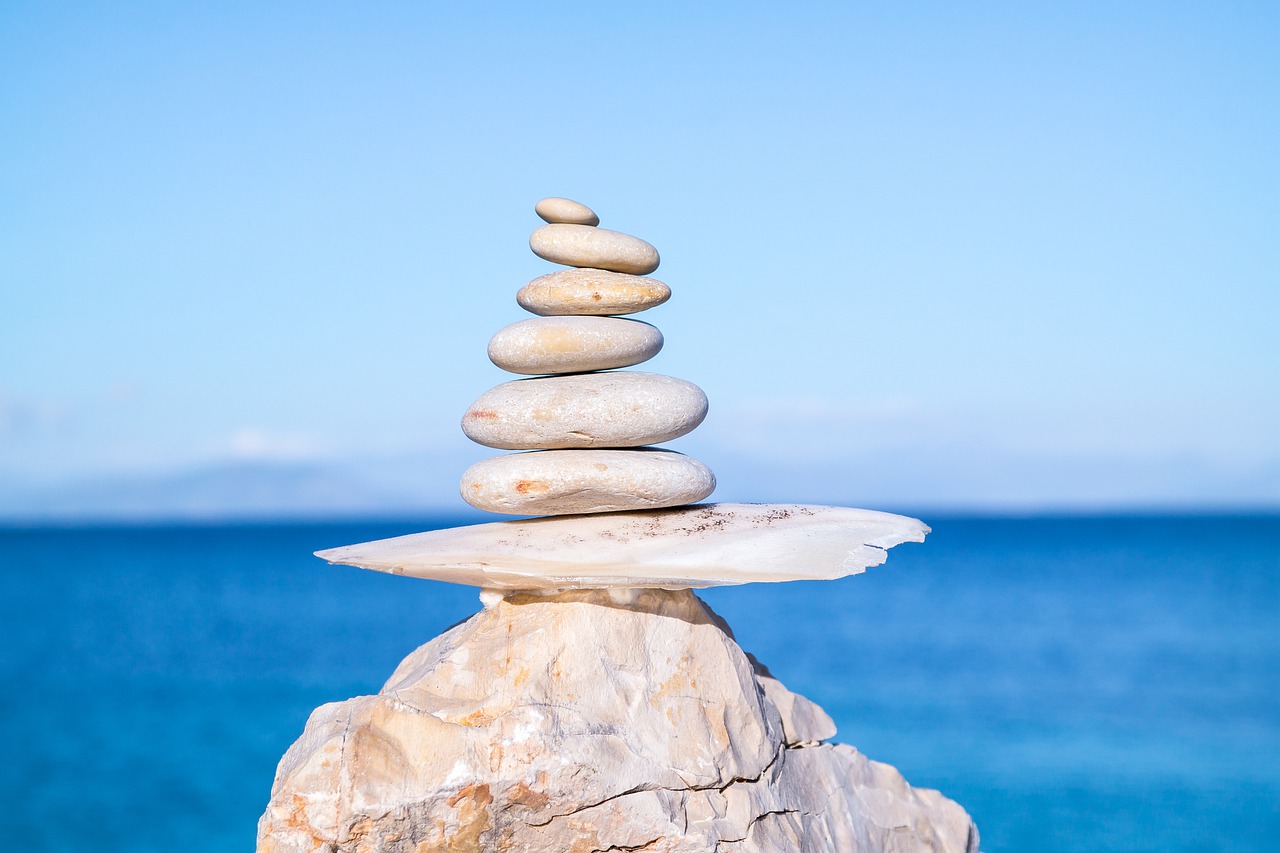AN 2.34 Then a certain brahmin went up to the Buddha, and exchanged greetings with him. When the greetings and polite conversation were over, he sat down to one side and said to the Buddha, “What does Master Gotama teach? What does he explain?” “Brahmin, I teach action and inaction.” “But in what way does Master… Continue reading What does Master Gotama teach? What does he explain?
Author: aster.hendra@gmail.com
What is the explanation of the Dhamma that’s relevant to oneself?
SN 55.7. The People of Bamboo Gate So I have heard. At one time the Buddha was wandering in the land of the Kosalans together with a large Saṅgha of mendicants when he arrived at a village of the Kosalan brahmins named Bamboo Gate. The brahmins and householders of Bamboo Gate heard: “It seems the ascetic Gotama—a… Continue reading What is the explanation of the Dhamma that’s relevant to oneself?
Asurindaka Sutra / With Bharadvāja the Fiend
SN 7.3. With Bharadvāja the Fiend At one time the Buddha was staying near Rājagaha, in the Bamboo Grove, the squirrels’ feeding ground. The brahmin Bharadvāja the Fiend heard a rumor to the effect that a brahmin of the Bharadvāja clan had gone forth from the lay life to homelessness in the presence of the ascetic Gotama.… Continue reading Asurindaka Sutra / With Bharadvāja the Fiend
Akkosa Sutra / The Abuser
SN 7.2. The Abuser At one time the Buddha was staying near Rājagaha, in the Bamboo Grove, the squirrels’ feeding ground. The brahmin Bharadvāja the Rude heard a rumor that a brahmin of the Bharadvāja clan had gone forth from the lay life to homelessness in the presence of the ascetic Gotama. Angry and displeased he… Continue reading Akkosa Sutra / The Abuser
“I declare these four kinds of deeds, having realized them with my own insight. What four?”
AN 4.233. Deeds in Detail “Mendicants, I declare these four kinds of deeds, having realized them with my own insight. What four? There are dark deeds with dark results; bright deeds with bright results; dark and bright deeds with dark and bright results; and neither dark nor bright deeds with neither dark nor bright results, which… Continue reading “I declare these four kinds of deeds, having realized them with my own insight. What four?”
Five situations that are unobtainable by an ascetic or a brahmin, by a deva, Māra, or Brahmā, or by anyone in the world.(2)
AN 5.50. Nārada On one occasion the Venerable Nārada was dwelling at Pāṭaliputta at the Cock’s Park. Now on that occasion King Muṇḍa’s wife Queen Bhaddā, who had been dear and beloved to him, had died. Since her death, he did not bathe, anoint himself, eat his meals, or undertake his work. Day and night, he remained… Continue reading Five situations that are unobtainable by an ascetic or a brahmin, by a deva, Māra, or Brahmā, or by anyone in the world.(2)
Five situations that are unobtainable by an ascetic or a brahmin, by a deva, Māra, or Brahmā, or by anyone in the world.
AN 5.48. Situations “Bhikkhus, there are these five situations that are unobtainable by an ascetic or a brahmin, by a deva, Māra, or Brahmā, or by anyone in the world. What five? (1) ‘May what is subject to old age not grow old!’: this is a situation that is unobtainable by an ascetic or a… Continue reading Five situations that are unobtainable by an ascetic or a brahmin, by a deva, Māra, or Brahmā, or by anyone in the world.
If these five things that are wished for, desired, agreeable, and rarely gained in the world could be obtained by means of prayers or aspirations, who here would be lacking in anything?
AN 5.43. Wished for Then the householder Anāthapiṇḍika approached the Blessed One, paid homage to him, and sat down to one side. The Blessed One then said to him: “Householder, there are these five things that are wished for, desired, agreeable, and rarely gained in the world. What five? Long life, householder, is wished for,… Continue reading If these five things that are wished for, desired, agreeable, and rarely gained in the world could be obtained by means of prayers or aspirations, who here would be lacking in anything?
Four things lead to the welfare and happiness of a gentleman in this life. What four?
AN 8.54. With Dīghajāṇu At one time the Buddha was staying in the land of the Koliyans, where they have a town named Kakkarapatta. Then Dīghajāṇu the Koliyan went up to the Buddha, bowed, sat down to one side, and said to the Buddha: “Sir, we are laypeople who enjoy sensual pleasures and living at home… Continue reading Four things lead to the welfare and happiness of a gentleman in this life. What four?
“Bhikkhus, when a good person is born in a family, it is for the good, welfare, and happiness of many people.”
AN 5.42. The Good Person “Bhikkhus, when a good person is born in a family, it is for the good, welfare, and happiness of many people. It is for the good, welfare, and happiness of (1) his mother and father, (2) his wife and children, (3) his slaves, workers, and servants, (4) his friends and… Continue reading “Bhikkhus, when a good person is born in a family, it is for the good, welfare, and happiness of many people.”









